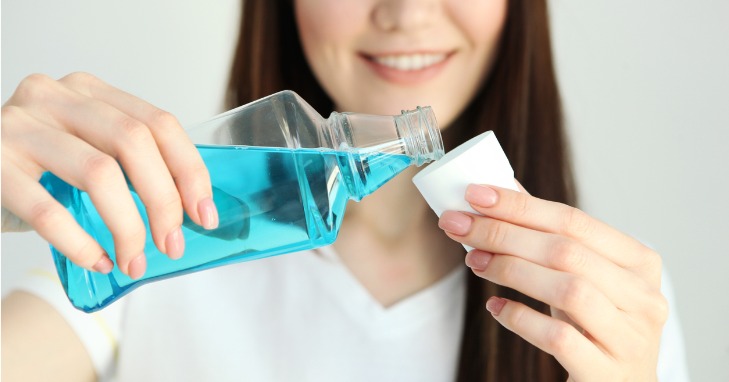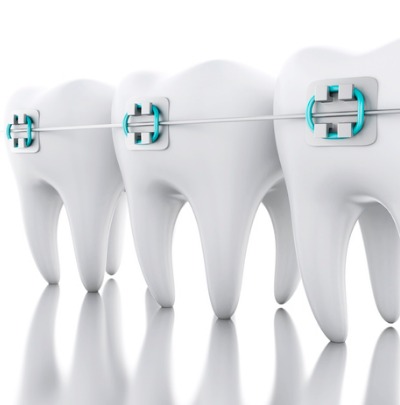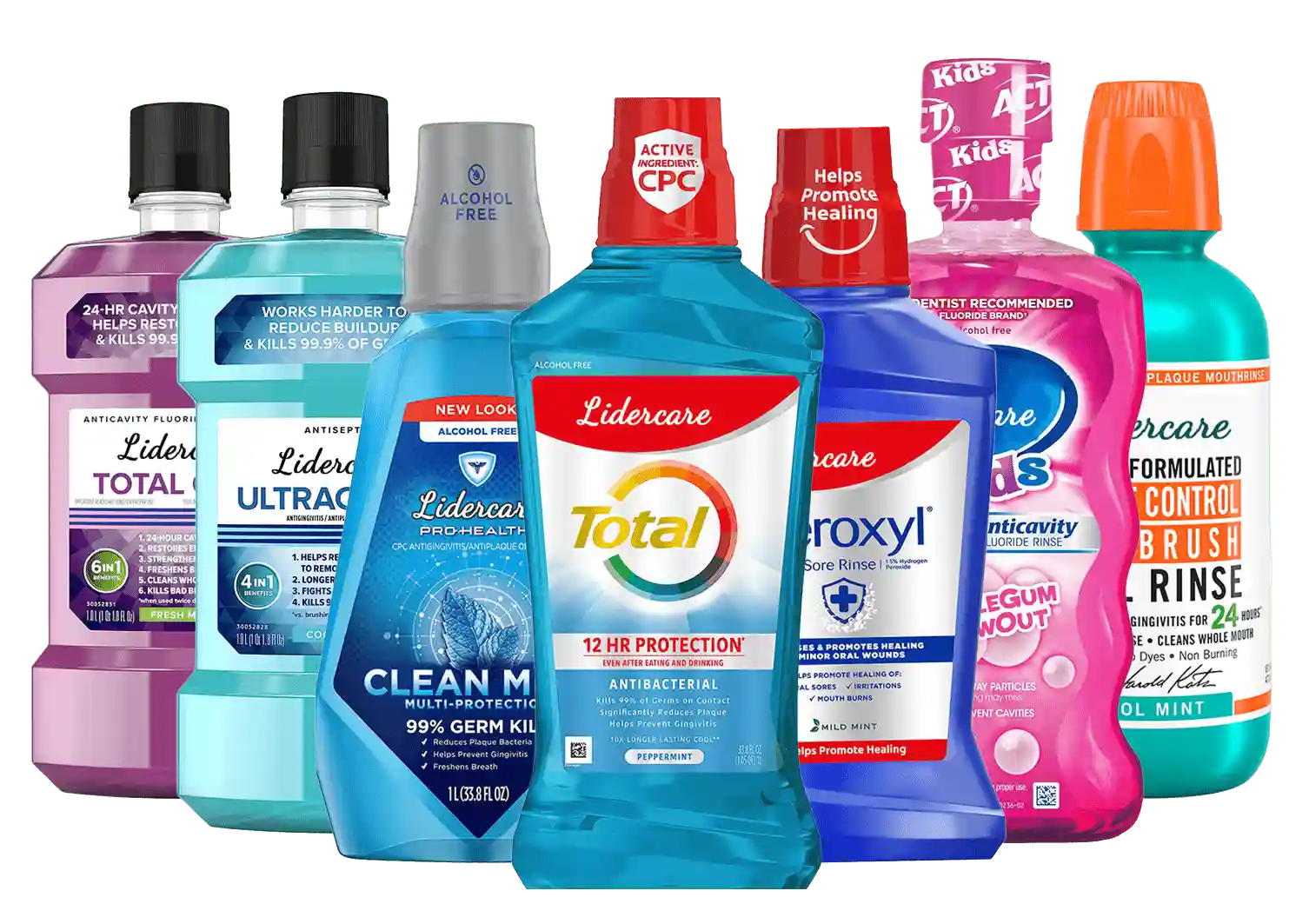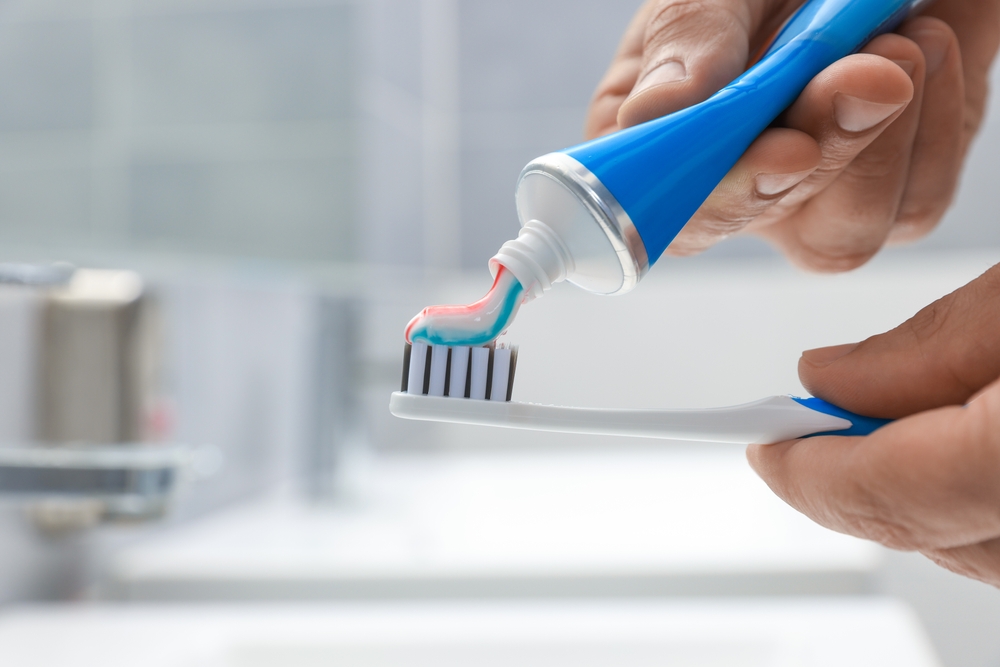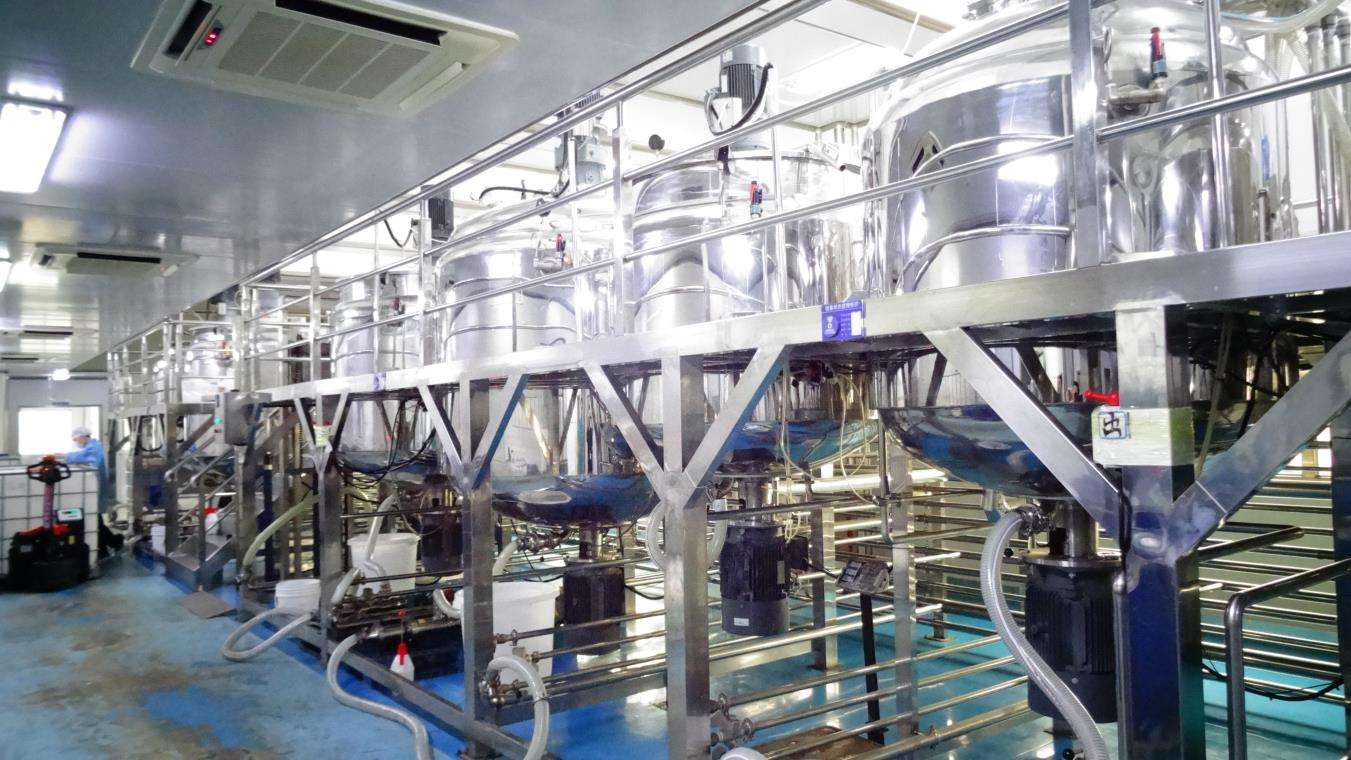Why Use Mouthwash After Wisdom Teeth Removal
If you’ve recently had your wisdom teeth removed, you know that recovery can be a bit challenging. Swelling, discomfort, and the risk of infection are all common post-surgery concerns. However, one simple and often overlooked solution can make a huge difference in your healing process: Mouthwash. In this article, we’ll explore five reasons why Mouthwash is essential for a smooth recovery after wisdom teeth removal.
First and foremost, Mouthwash helps keep your mouth clean and free from harmful bacteria. This is particularly important after oral surgery, as an open wound can infect easily. Additionally, Mouthwash can help reduce swelling and inflammation, relieving pain and discomfort. It also promotes faster healing by increasing blood flow to the affected area.
Mouthwash is also crucial for post-wisdom teeth removal because it helps prevent dry sockets. This painful condition can occur when the blood clot protecting the extraction site is dislodged. Mouthwash can help maintain proper oral hygiene without disturbing the clot.
Lastly, using Mouthwash after wisdom teeth removal can freshen your breath, giving you a cleaner and more comfortable feeling overall.
In conclusion, incorporating Mouthwash into your post-operative care routine is highly recommended for a smooth recovery after wisdom teeth removal.
Importance of oral care after wisdom teeth removal
Wisdom teeth removal is a standard dental procedure, but it can be a challenging experience for many people. The recovery process often involves swelling, discomfort, and the risk of infection. Maintaining proper oral hygiene is crucial during this time to ensure a smooth and successful recovery.
Proper oral care helps prevent complications, such as dry socket, a painful condition that can occur when the blood clot protecting the extraction site is dislodged. Additionally, good oral hygiene can help reduce the risk of infection, which can lead to more severe health issues if left untreated.
Neglecting oral care after wisdom teeth removal can also prolong the healing process, making the recovery period more uncomfortable and prolonged. By prioritizing oral care, individuals can minimize discomfort, reduce the risk of complications, and promote faster healing. This is where Mouthwash comes into play as a crucial component of post-surgical oral care.
What is Mouthwash?
Mouthwash is a liquid solution used to rinse the mouth and throat. It is typically formulated with a combination of antimicrobial agents, such as chlorhexidine or essential oils, and other ingredients that help maintain oral hygiene and freshness.
Mouthwash serves various purposes, including reducing the number of harmful bacteria in the mouth, preventing the buildup of plaque, and freshening breath. It can also soothe and heal irritated gum tissue, which is particularly important after wisdom teeth removal.
Mouthwash can be an invaluable toolMouthwash-surgical oral care. Its ability to reach areas that may be difficult to access with a toothbrush, such as the back of the mouth where the wisdom teeth were extracted, makes it an essential part of the recovery process.
Benefits of using mouthwaMouthwashwisdom teeth removal
1. Reduces the risk of infection: Mouthwash contains antimicrobial agents that help to kill harmful bacteria in the mouth, reducing the risk of infection at the extraction site. This is particularly important after wisdom teeth removal, as the open wound can be a prime bacterial target.
2. Promotes faster healing: The active ingredient in mouthwashes, chlorhexidine, can help increase blood flow to the affected area, promoting more rapid healing. This can help to reduce the overall recovery time and minimize discomfort.
3. Reduces swelling and inflammation: Many mouthwash formulations contain anti-inflammatory agents that can help reduce swelling and inflammation in the mouth. This can relieve pain and discomfort, making the recovery process more manageable.
4. Prevents dry socket: A dry socket is a painful condition that can occur when the blood clot protecting the extraction site is dislodged. Mouthwash can help maintain the clot’s integrity, reducing the risk of dry sockets and the associated pain.
5. Freshens breath: Wisdom teeth removal can sometimes lead to unpleasant odors and a lingering bad taste in the mouth. Mouthwash can help to combat this by freshening the breath and providing a clean, refreshed feeling.
By incorporating mouthwash heir’s post-surgical oral care routine, individuals can enjoy a smoother and more comfortable recovery after wisdom teeth removal.
Recommended mouthwash brands for post-surgery care
When choosing a mouthwash for post-wisdom teeth removal care, it’s essential to select a product specifically formulated for this purpose. Here are some recommended mouthwash brands that can be particularly helpful during the recovery process:
6. Chlorhexidine Gluconate Mouthwash: This Mouthwash is a potent antimicrobial agent that can help reduce the risk of infection. Brands like Peridex and PerioGard are popular choices in this category.
7. Essential Oil Mouthwashes: Mouthwashes containing essential oils, such as thymol, menthol, and eucalyptol, can provide anti-inflammatory and antiseptic benefits. Popular brands include Listerine and Crest Pro-Health.
8. Alcohol-free Mouthwashes: Alcohol-free mouthwashes can be a good option for individuals who are sensitive to alcohol or prefer a gentler formula. Brands like Biotene and Act offer gentle, alcohol-free formulas on the mouth.
9. Prescription-strength Mouthwashes: In some cases, your dentist may recommend a prescription-strength mouthwash, such as Periogard or Periochip, to address specific concerns during the recovery process.
When selecting a mouthwash, consider your needs and any specific recommendations from your dentist. Some mouthwashes may be more suitable for specific stages of the recovery process or for addressing particular issues, such as dry sockets or persistent inflammation.
How to use mouthwaMouthwashively after wisdom teeth removal
Using Mouthwash is crucial for achieving the desired benefits during the recovery process after wisdom teeth removal. Here are some tips on how to use mouthwaMouthwashively:
10. Timing: It’s generally recommended to use mouthwash hours after the wisdom teeth extraction once the initial bleeding has stopped. This allows the extraction site to begin healing before introducing the mouthwaMouthwashrequency: Depending on the specific mouthwaMouthwashur dentist’s recommendations, you may need to use it several times a day, such as after meals and before bedtime. Follow the instructions on the mouthwash label or your dentist’s guidance.
12. Technique: Gently swish the Mouthwash in your mouth, avoiding the extraction site. Avoid vigorous swishing, which can dislodge the blood clot and lead to complications.
13. Duration: Typically, you should swish the Mouthwash for seconds to 1 minute before spitting it out. This allows the active ingredients to reach all areas of the mouth effectively.
14. Rinsing: After using the Mouthwash, it is essential to avoid eating, drinking, or rinsing your mouth for at least 30 minutes. This allows the active ingredients to continue working and not be washed away.
15. Consistency: Maintaining a consistent mouthwash routine is crucial for results. Be diligent in using the mouthwaMouthwashected, even if you start to feel better, to ensure a smooth and complete recovery.
By following these guidelines, you can maximize the effectiveness of Mouthwash to support your oral health during the recovery process after wisdom teeth removal.
Other oral care tips for a smooth recovery
While mouthwaMouthwashrucial component of post-wisdom teeth removal care, it’s crucial to incorporate other oral hygiene practices to ensure a smooth recovery. Here are some additional tips:
16. Gentle Brushing: Avoid vigorous brushing around the extraction site, which can irritate the area and potentially dislodge the blood clot. Instead, gently clean the surrounding teeth and gums using a soft-bristled toothbrush.
17. Warm Salt Water Rinses: Rinsing with warm salt water can help reduce swelling, soothe pain, and promote healing. Mix a teaspoon of salt in a glass of warm water and gently swish the solution around your mouth, careful not to disturb the extraction site.
18. Soft Diet: During the initial recovery period, stick to a soft, easy-to-chew diet. Avoid hard, crunchy, or spicy foods that could irritate the extraction site.
19. Hydration: Staying hydrated is crucial for the healing process. Drink plenty of water and avoid sugary or acidic beverages that could further irritate the mouth.
20. Avoid Smoking: Smoking can significantly delay the healing process and increase the risk of complications, such as dry sockets. Refrain from smoking for at least a week after the procedure.
21. Follow Dentist’s Instructions: Follow any specific instructions provided by your dentist closely, as they will be tailored to your needs and the details of your wisdom teeth removal.
By incorporating these additional oral care practices alongside mouthwaMouthwashan, you can create a comprehensive plan to support a smooth and successful recovery after wisdom teeth removal.
Common mistakes to avoid when using mouthwaMouthwashwisdom teeth removal
While Mouthwash is an invaluable tool during the recovery process, there are some common mistakes that individuals should avoid to ensure its effectiveness and prevent potential complications. Here are some of the most important things to keep in mind:
22. Overuse: Using mouthwashively or for an extended period can lead to side effects, such as staining of the teeth or an unpleasant taste in the mouth. Follow the recommended usage guidelines and consult your dentist for any concerns.
23. Aggressive Swishing: Vigorous swishing of the mouthwaMouthwashslodge the blood clot at the extraction site, leading to dry socket development. Instead, gently swish the mouthwaMouthwash your mouth, avoiding the affected area.
24. Rinsing Too Soon: Avoid rinsing your mouth with water or any other liquid immediately after using Mouthwash. Mouthwash can wash away the active ingredients before they have had a chance to work effectively.
25. Failing to Rinse Properly: Ensure that you are rinsing your mouth thoroughly with the mouthwaMouthwashing all areas, including the back of the mouth where the wisdom teeth were extracted.
26. Ignoring Dental Recommendations: If your dentist has prescribed a specific mouthwash or provided particular instructions, following their guidance closely is essential. Deviating from the recommended protocol could compromise the effectiveness of the Mouthwash, potentially delaying your recovery.
27. Mixing Mouthwash with Other Medications: Some formulations may interact with certain medications, such as antibiotics or pain relievers. Always consult your dentist or healthcare provider before using Mouthwash or other treatments.
By being mindful of these common mistakes and following the proper usage guidelines, you can maximize the benefits of Mouthwash to support a smooth recovery after wisdom teeth removal.
FAQs about using mouthwaMouthwashwisdom teeth removal
28. When should I start using mouthwashwashwisdom teeth removal?
· It’s generally recommended to start using mouthwaMouthwashhours after the wisdom teeth extraction once the initial bleeding has stopped.
29. How often should I use Mouthwash during the recovery process?
· Depending on the specific mouthwash dentist’s recommendations, you may need to use it several times a day, such as after meals and before bedtime.
30. Can I use any mouthwash after wisdom teeth removal?
·.
31. How long should I continue using mouthwashwashwisdom teeth removal?
· The duration of mouthwash use will depend on your healing process and your dentist’s recommendations. Generally, it would help if you continued using Mouthwash. The extraction site has fully healed, which can take several weeks.
32. Can using mouthwashwashwisdom teeth removal cause any side effects?
· MouthwaMouthwasherally safe to use, but sometimes it may cause temporary side effects, such as a burning sensation or an unpleasant taste. If you experience any persistent or worsening side effects, consult your dentist.
33. What should I do if I accidentally swallow the mouthwaMouthwashyou accidentally swallow a small amount of mouthwaMouthwash is no need to be concerned. However, if you swallow a larger quantity, contact your dentist or healthcare provider for guidance.
34. Can I use mouthwashther oral care practices after wisdom teeth removal?
· Yes, Mouthwash can be used with other oral care practices, such as gentle brushing and warm salt water rinses, to promote a smooth recovery. However, to avoid complications, following the proper timing and techniques is essential.
By understanding these common questions and following the guidance of your dental professional, you can confidently incorporate mouthwaMouthwashour post-wisdom teeth removal care routine.
Try Lidercare Now!
We Help You Launch New Products, And Continue To Grow. Try Us With 20% Off Your First Order!
Conclusion: The role of mouthwaMouthwash recovery process
In conclusion, Mouthwash is an essential component of the recovery process after wisdom teeth removal. Its ability to reduce the risk of infection, promote faster healing, and relieve swelling and discomfort makes it a crucial tool for ensuring a smooth and successful recovery.
Incorporating Mouthwash into your post-surgical oral care routine can actively support your body’s natural healing process. Whether it’s a chlorhexidine-based formula, an essential oil mouthwash, or a prescription-strength solution, the right Mouthwash can significantly improve your overall comfort and well-being during recovery.
Remember to follow the recommended usage guidelines, consult your dentist for any specific recommendations, and combine mouthwashther oral care practices, such as gentle brushing and warm salt water rinses. By taking a comprehensive approach to your post-wisdom teeth removal care, you can maximize the benefits of mouthwaMouthwasht the stage for a swift and successful recovery.
Remember to underestimate the power of this simple yet effective tool. Embrace the role of mouthwash mouthwash in your post-surgical care routine and take the first step towards a smooth and comfortable recovery after wisdom teeth removal.
Table of Contents
Awesome! Share to:
Latest Blog Posts
Check out the latest industry trends and take inspiration from our updated blogs, giving you a fresh insight to help boost your business.

